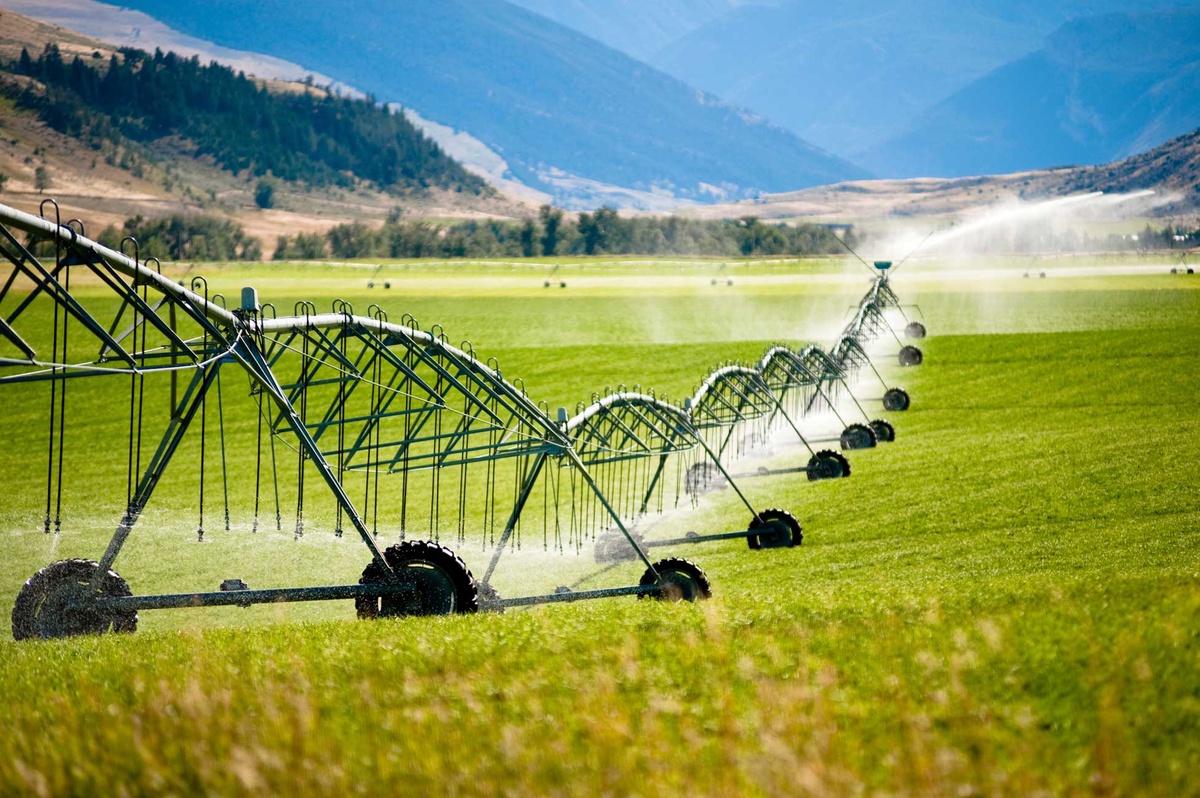Vineyard is a crucial aspect of grape cultivation, impacting the quality and yield of the final product. Efficient water management not only benefits the vineyard but also plays a vital role in conserving this precious resource.
In this comprehensive guide, let’s delve into the best practices for vineyard irrigation systems, aiming to provide valuable insights for vineyard owners and managers.
Understanding Vineyard Irrigation Needs
The water requirements of grapevines vary depending on the grape variety, soil type, and topography of the vineyard. It's essential to understand these needs to ensure that the vines receive the right amount of water at the right time. Different grape varieties have distinct water needs, with some being more drought-resistant than others.
Additionally, soil type and topography play a significant role in determining irrigation needs. For instance, clay soils retain water better than sandy soils, impacting the frequency and amount of irrigation required. Similarly, vineyards situated on slopes may require different irrigation strategies due to water runoff.
Choosing the Right Irrigation System
When it comes to Vineyard Irrigation, choosing the right system is critical. Drip, sprinkler, and micro-sprinkler systems are commonly used in vineyards, each with its own set of benefits. Drip irrigation, for example, delivers water directly to the base of the plants, minimising water loss through evaporation and ensuring efficient water usage.
Sprinkler systems, on the other hand, are effective for larger vineyards and provide uniform coverage. Micro-sprinklers offer a middle ground, combining the benefits of both drip and sprinkler systems. Understanding the specific needs of the vineyard will help in selecting the most suitable irrigation system.

Implementing Water Conservation Techniques
Implementing water conservation techniques is essential for sustainable vineyard management. Strategies such as soil moisture monitoring, proper scheduling of irrigation, and the use of moisture sensors can significantly reduce water wastage.
By monitoring soil moisture levels, vineyard managers can ensure that irrigation is applied only when necessary, avoiding overwatering or under watering. Additionally, scheduling irrigation based on the water needs of the plants, rather than on a fixed calendar, can improve water efficiency and promote healthier vine growth.
Sustainable Water Management Practices
In line with global efforts for sustainability, vineyard owners are increasingly embracing eco-friendly water management practices. Rainwater harvesting and reuse have emerged as effective methods for reducing reliance on external water sources.
Capturing rainwater for irrigation not only conserves water but also reduces the demand for traditional water supplies. Furthermore, sustainable practices such as the use of recycled water and the implementation of water-efficient technologies contribute to minimising the environmental impact of vineyard operations while meeting irrigation needs.
Final Words
Efficient irrigation practices are fundamental to the success and sustainability of vineyards. Understanding the specific water needs of grapevines, choosing the right irrigation system, implementing water conservation techniques, and embracing sustainable water management practices are key elements to ensure long-term success.
By adopting these best practices, vineyard owners and managers can optimise grape quality and yield while contributing to environmental preservation. It is our hope that this guide will empower readers to make informed decisions and implement sustainable vineyard irrigation methods for the prosperity of their vineyards and the wider ecosystem.
Source - https://cuddon1.blogspot.com/2024/03/water-wisdom-best-practices-for.html


No comments yet